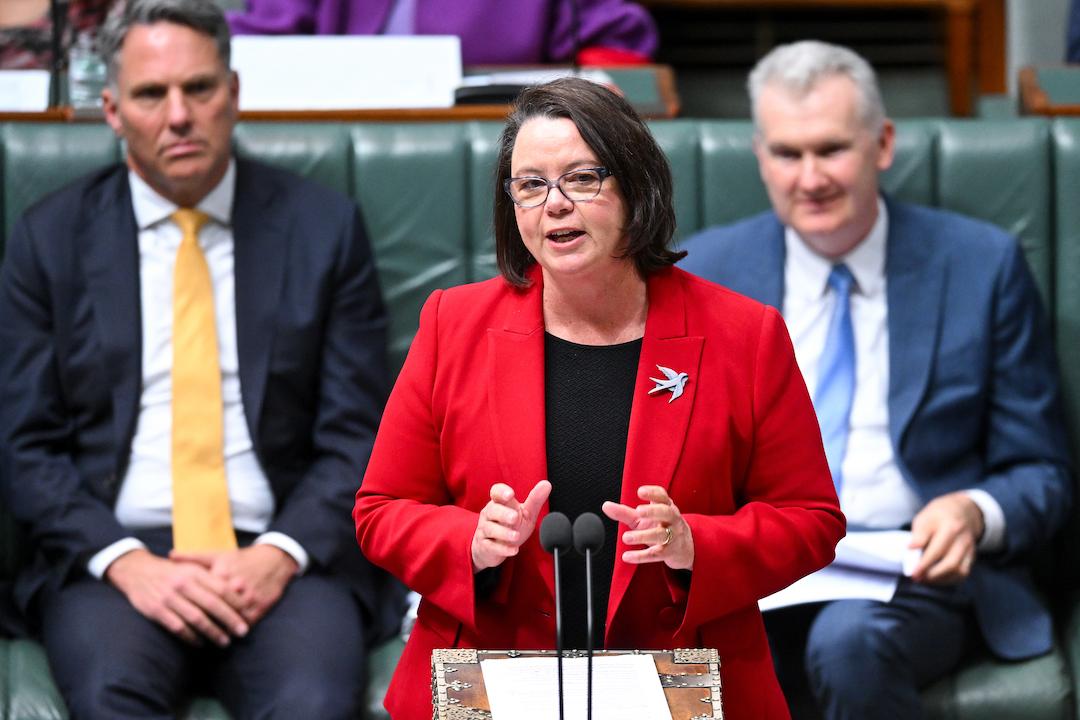The federal government will implement a decade-long $566.1 million investment in the upcoming federal budget to map Australia’s new mineral resources.
Led by Geoscience Australia, this move aligns the resources industry with Future Made in Australia policy objectives by leveraging resources to power the country’s future and ensure job stability for the current and succeeding generations.




